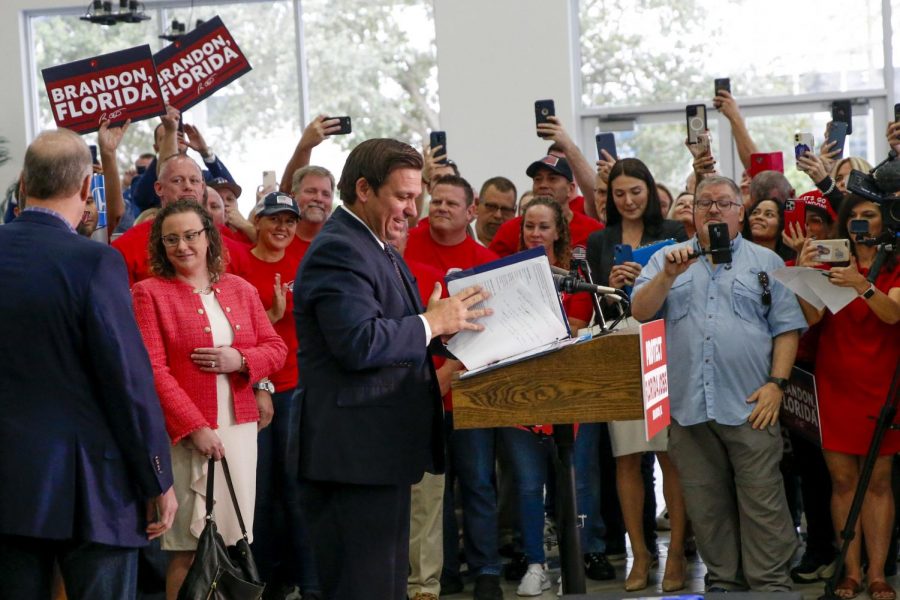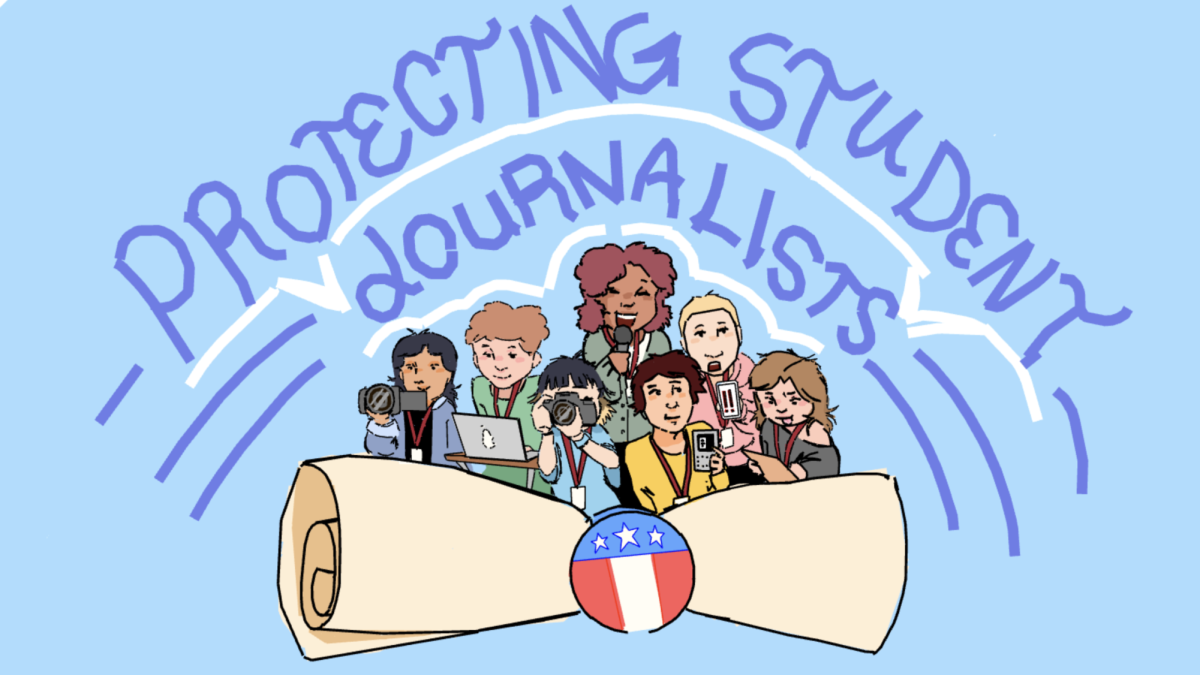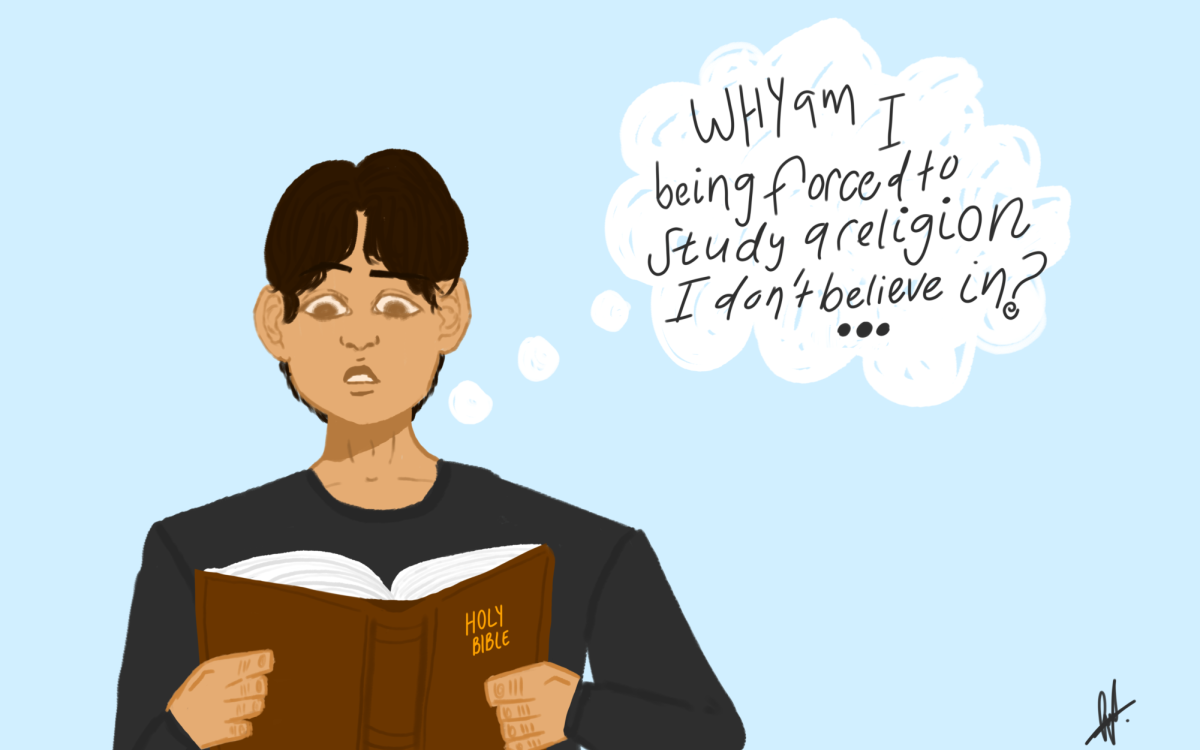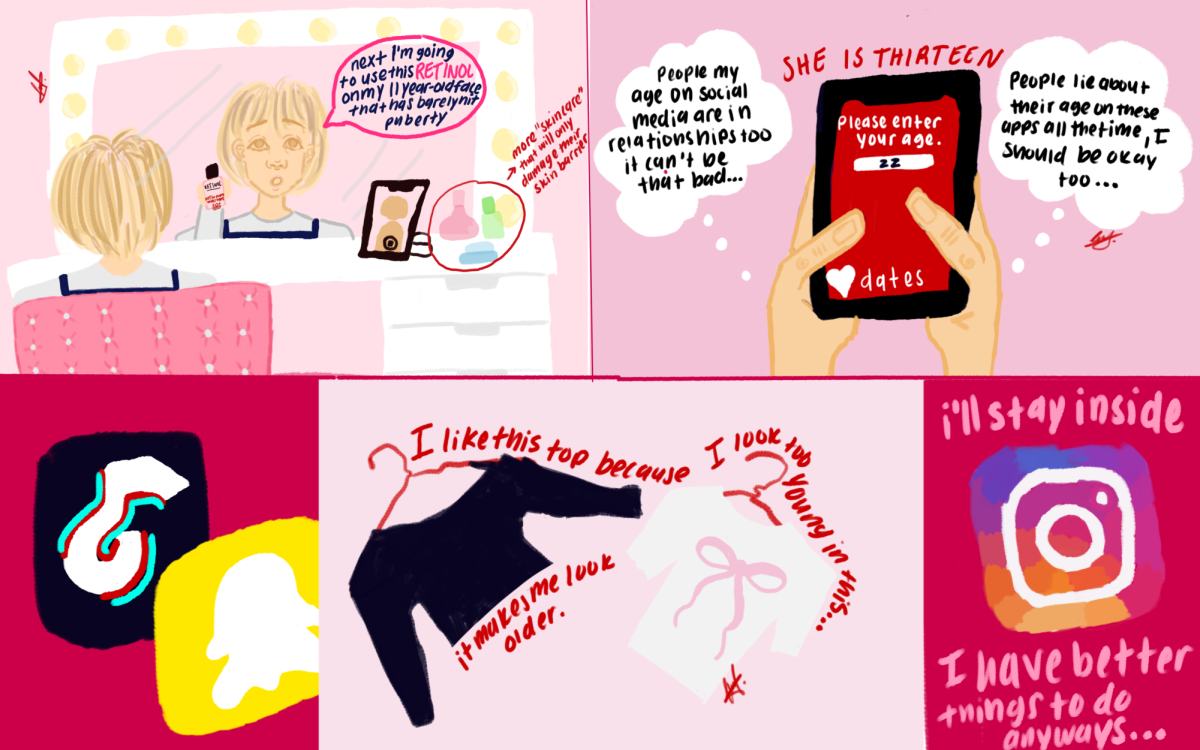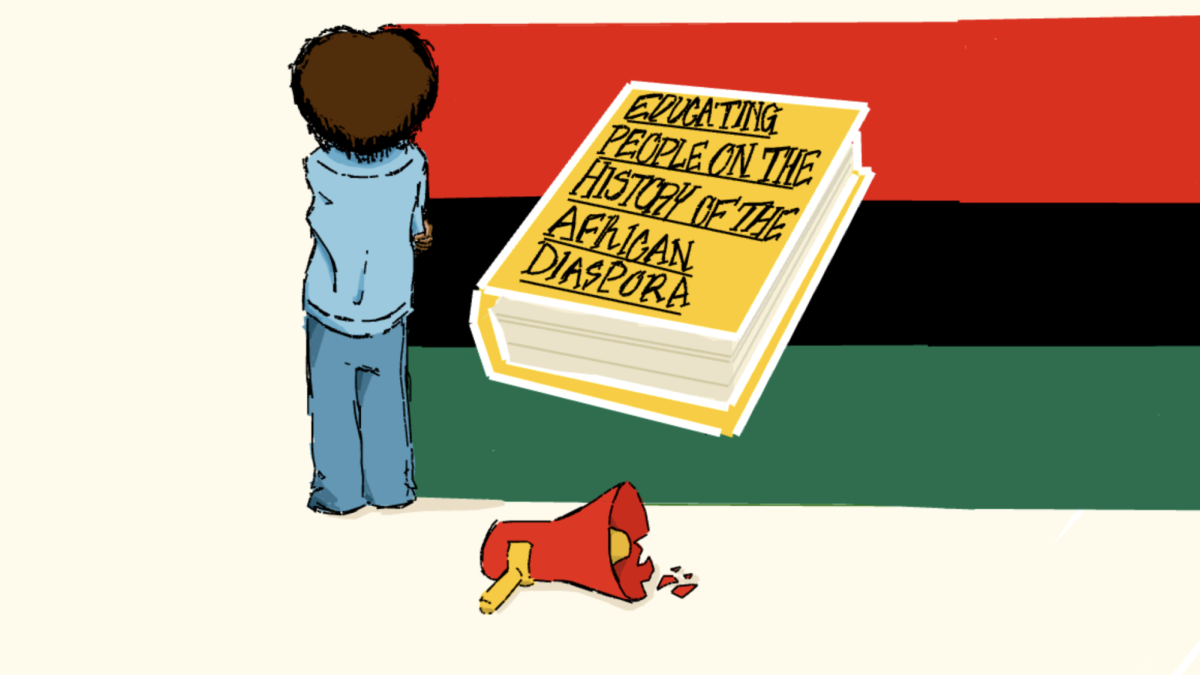
A crisis can be defined as a time of intense difficulty, trouble or danger; the coronavirus can definitely fit this label. Not only has the virus completely terrified the citizens of America, but it has also paralyzed the ongoing actions of the nation. Although the teens of America have lived through crises such as Middle Eastern warfare, terrorist attacks and mass shootings there seems to be something different about this crisis: everything about our lives has changed.
Previous to the coronavirus, tragedies and crises did not halt everyday life, while citizens carry on with life in the weeks to follow. While this may seem insensitive at times, it motivates those in peril to realign with typical everyday life in order to gain a sense of normalcy.
In contrast, the impact of the Coronavirus pandemic is undeniable. No one is fully safe and no one can deny it. As a result, America is being unified in the worst way possible, and everyone can sense the danger. Major sporting events like March Madness and the Olympics have been canceled. Schools have gone virtual. Religious institutions have shut their doors. It seems like the world is ending really. Nothing we used to take for granted is the same and safety is now insecure.
No longer can ignorance push us forward. We must adapt to this new lifestyle. All of the other struggles we’ve had to face seem less important than the fight for humanity that we are all in right now.
Perhaps though this crisis is what society, and more specifically teenagers needed to put their everyday tribulations into perspective. The stress of school sometimes becomes overwhelming and it is easy to get lost in it. But if one were to take a step back, it just works. It is just the obligation you have to and will fulfill to the best of your ability in order to move on and assess much bigger goals.
Messy hair days, flat tires, phone screen cracks. All of these mishaps that we as teenagers tend to refer to as crises truly aren’t so. Yes, we are battling a crisis right now with this pandemic. But moving forward after this turmoil, students will realize that while, yes, they still have to push themselves to be their own best in school, they don’t have to think the world is ending if something goes wrong along the way.
Maybe, this is what students needed to realize what a crisis is.
The implications of this horrible virus might actually be positive to an extent. What if students have an open mind to absorb as much as they can from the lessons they witness in school, rather than finding a shortcut to cheat? What if teachers take their students by the hand and use real live events to teach them lessons that prepare them for the world, rather than asking them to regurgitate information they crammed the night before?
It’s odd to think of it, but perhaps this tragedy will lead to an academic renaissance. If students and teachers realize that from this crisis that grades and competition are not the end-all-be-all in life, then maybe school will have a refreshed sense of authenticity to it. This could really help students’ mental health. Perhaps this will alleviate some of the immense expectations placed on them in a highly competitive school environment, facilitated sometimes by inflexible teachers, which is truly unhealthy.
This tragedy is giving students and, in reality, every one a much needed new perspective on life. If we take the lessons this virus is trying to teach us, perhaps we can realize that most days can be filled with harmony if we take a step back and evaluate issues properly.
Students can really use a much-needed relief in this day in age and would much appreciate sensible reform in the tone of school competition.

